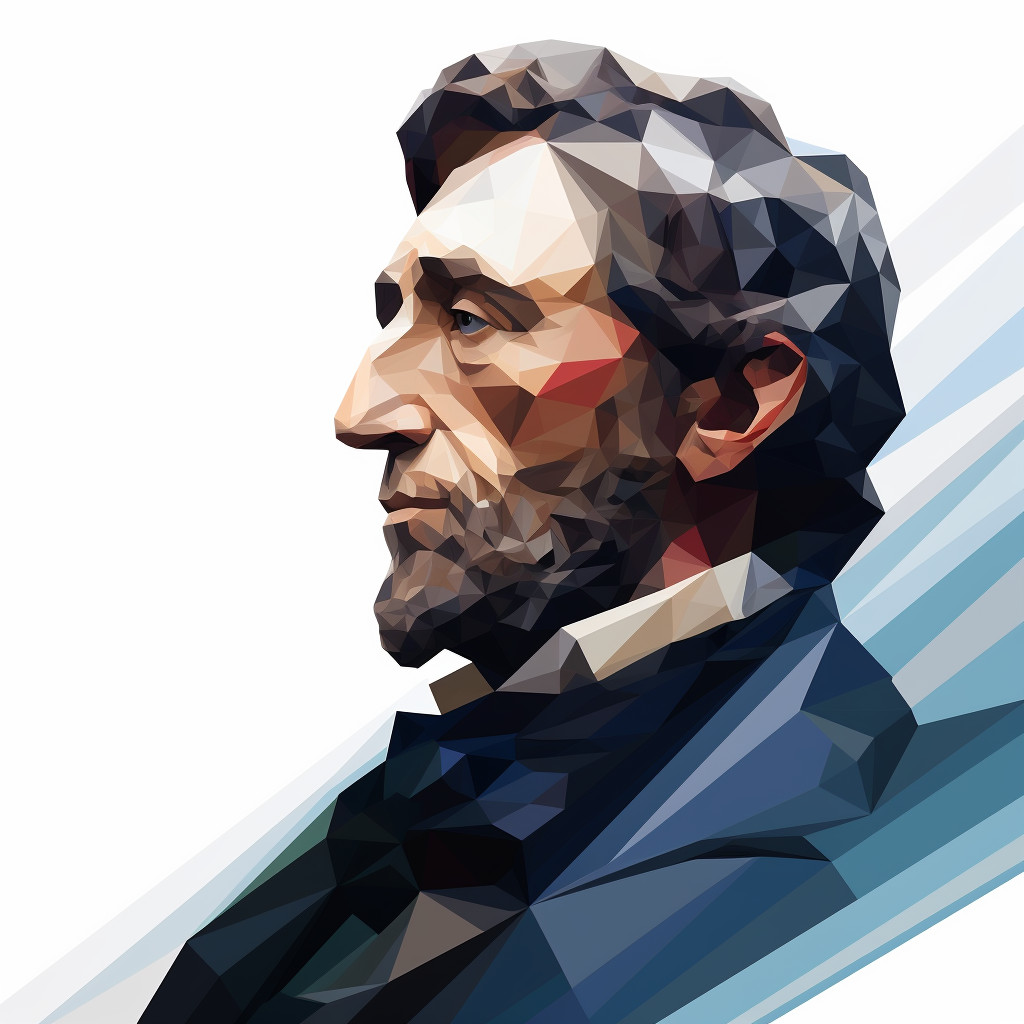This quote essentially communicates the importance of literacy and education in one’s life. When Thoreau refers to someone who cannot read as being "worse than deaf and blind," he is emphasizing the severe limitations that illiteracy can impose on an individual. Just as a deaf or blind person might experience the world in a limited way due to their sensory impairments, an illiterate person is also restricted in their understanding and experience of the world.
Furthermore, Thoreau’s comparison of an illiterate person to one who is "half alive" or "still-born" suggests that without the ability to read, one is not truly living to their full potential. Reading is a gateway to knowledge, understanding, and empathy, and without it, one’s life is significantly impoverished.
Applying this idea to today’s world, it’s clear that literacy continues to be a crucial skill. In our information-dense society, the ability to read is necessary for understanding the world, making informed decisions, and participating fully in society. Literacy is also key to personal development. Reading broadens our perspectives, enhances our critical thinking skills, and exposes us to new ideas and experiences. It enables us to learn from the past, understand the present, and envision the future.
In the context of personal development, this quote can be seen as a call to action to continually strive for learning and growth. It suggests that we should not be content with ignorance, but should instead seek to expand our knowledge and understanding through reading and education. Whether it’s picking up a new book, exploring new subjects, or simply staying informed about current events, the act of reading keeps us engaged, informed, and alive in the fullest sense of the word.






